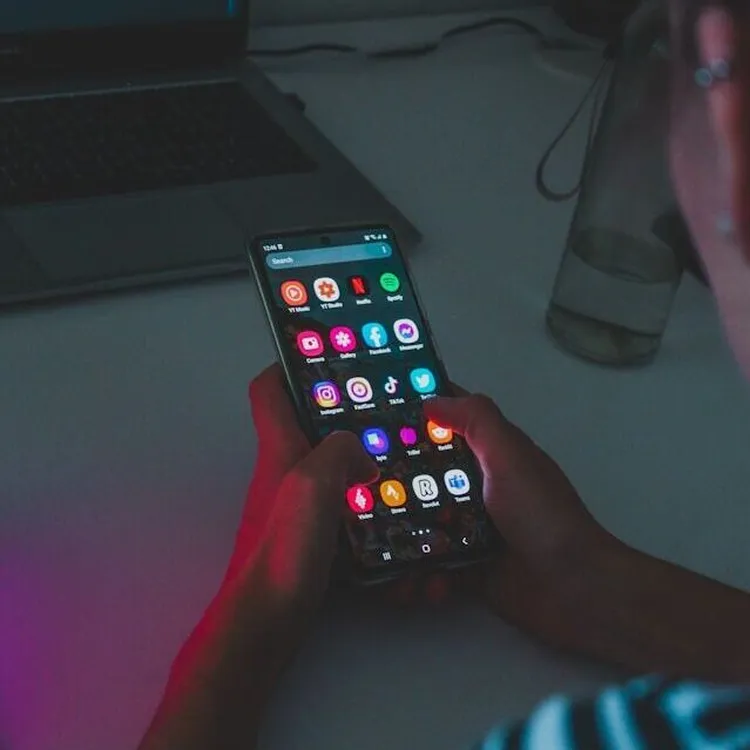Back to the news desk - news evaluation in the online newsroom


What is true and false in the flow of information young people receive on TikTok?
The issue is central to the project TikTok Generation: Young people's media consumption in an age of digital disinformation, which the Institute for Media Studies is launching in 2025.
In today's media landscape, social media is the primary source of news for young people. Particularly popular is the video platform Tiktok, which has grown explosively in just a few years. The format is both creative and interactive, allowing users to communicate and share information through video clips, music and text. At the same time, the platform is a central arena for the dissemination of both verified information and misleading content.
Three out of four people in Sweden born in the 2000s use TikTok, and one in two do so daily. Despite this rapid change, there is a lack of major studies in Sweden on the content of the platform, how young people use it, and what source-critical challenges arise during major news events.
With this project, the Institute for Media Studies aims to contribute new research-based knowledge about the democratic risks and opportunities of the digital media landscape. An important goal is also that the results will be relevant to the media industry, with the hope that they can contribute to a stronger journalistic presence on platforms where young citizens are.
—“We are happy and proud to have the opportunity to carry out this project. Our goal is to publish reports and seminars on an ongoing basis”
The project is led by Associate Professor Andreas Widholm, media researcher at Stockholm University and board member of the Institute for Media Studies. He has extensive experience of research in journalism and political communication.
- There is a great need for research on how young people navigate the flow of information during important news events, who they trust, and how they assess the credibility of different sources. TikTok's algorithms are unique, but there are few studies that have examined the mechanisms that govern the spread of viral content on the platform,” says Andreas Widholm.
The research group also includes Dr. Torbjörn Rolandsson, media researcher at Roskilde University, and Dr. Rebecca Bengtsson-Lundin, media researcher at Umeå University. Torbjörn's research focuses on how new technologies are changing the conditions for the media industry and how digital platforms are used to measure user behavior and interact with media consumers. Rebecca's research focuses on visual communication and media ethical perspectives on the development of journalism.
